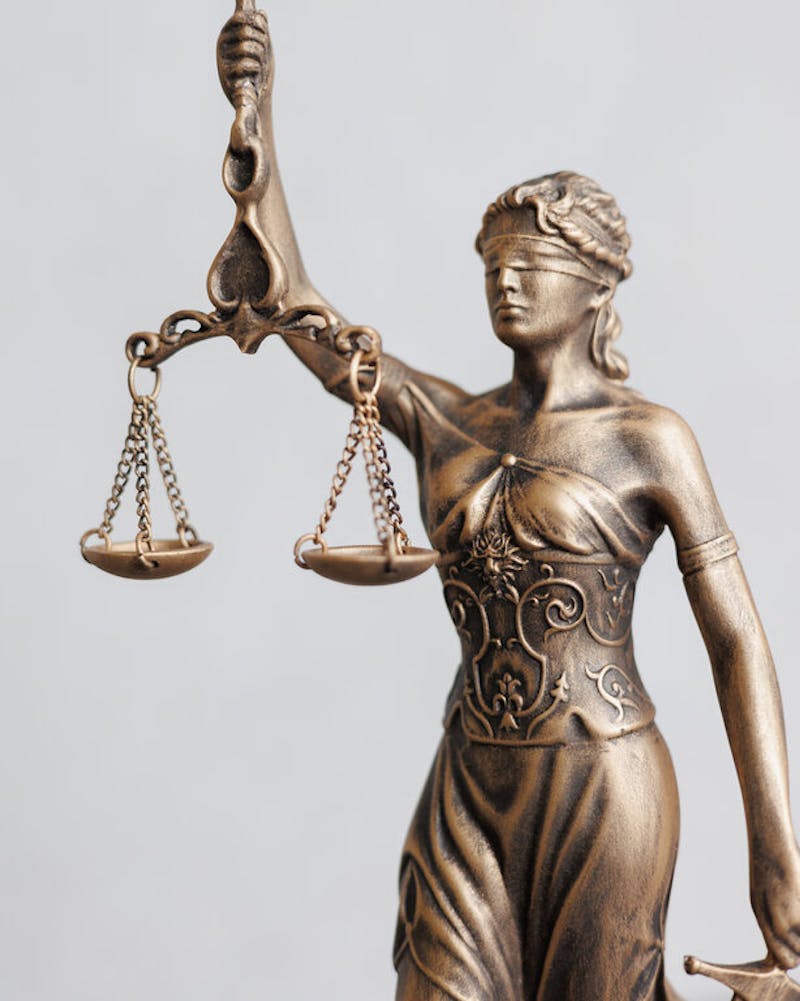
When involved in a personal injury claim, one crucial aspect is admitting liability. If a drunk and/or distracted driver hits you, they may readily admit fault. What are the implications of their admission for your claim?
If you are a victim of a drunk driving accident, you may decide to pursue a personal injury claim against that driver. His or her insurer, or attorney, is likely to want to settle the case quickly. The same is true for other circumstances where the individual that causes an accident is clearly in the wrong. Another scenario is if a person were looking down and texting and plows into the back of a car stopped at a red light without even hitting the brakes. This reasoning may seem logical. What defense could the intoxicated and/or distracted motorist possibly offer? It seems silly to suggest that you were at fault when the other driver was clearly intoxicated and/or texting. However, it’s essential to consider the strategies they might employ to shift blame onto you despite their obvious negligence.
The Strategy of Admitting Liability
One strategy that both the insurer and the defense attorneys take in scenarios like this is to admit liability. Admitting liability is to formally take responsibility for the other driver’s actions. Some accidents are so bad that the defense will voluntarily admit liability. They think this will solve all their problems and enable them to settle the case for less than it is worth. By admitting liability, the defense ensures that certain evidence and/or testimony regarding the accident’s circumstances will not be presented to the jury. However, this strategy often proves short-sighted. The defense and/or the insurer admits liability, but then still attempts to partially blame the accident victim for the accident. This is a terrible move for the driver that caused the accident and his/her insurer. Attempting to victim-blame allows the injured party to show the jury exactly what occurred. The jury would see and hear the evidence showing the negligent motorist’s actions. This would defeat the purpose of admitting liability in the first place. The defense must either fully admit liability or refrain from attempting to admit liability while also engaging in victim-blaming tactics.
The Consequences of Less Than A Full Admission of Liability
In the hypothetical situation of a drunk driver rear-ending you, the defense may admit fault but then still try to argue that you were comparatively negligent. Comparative negligence means that you also bore some fault in the accident occurring. This a common defense strategy. A finding of even 1% responsibility for the accident would reduce your overall recovery by that 1%. This makes sense if an insurer is trying to save money, but can often backfire terribly for that insurer. The negligent motorist may accept responsibility but then argue the issue of the accident victim’s comparative negligence. The victim would then be able to introduce evidence and/or testimony as to the circumstances of the accident. They must be able to defend against the claim of comparative negligence. The jury would see the evidence from the accident. If the jury hears that the driver caused the accident while intoxicated, it will likely not end well for the driver. The jury won’t care they attempted to half-heartedly accept responsibility.
Admissions of Liability Cannot Be Wishy Washy
To keep evidence and testimony of the other driver’s intoxication out of the case in the drunk driving scenario above, the other side would have to unequivocally admit liability. This would mean giving up the ability to argue that the injured party was at fault. Otherwise, the court could enter evidence and/or testimony regarding how the accident occurred into the trial.
Contact Schwed, Adams & McGinley
At Schwed, Adams & McGinley, our experienced personal injury attorneys have decades of legal experience representing those injured in a wide variety of scenarios involving personal injuries, including motor vehicle accidents. We have represented those who have been injured in accidents where the defense and/or its insurer tried to admit liability while still attempting to blame our client for his or her own injuries. We know exactly what to do if the defense attempts to admit liability in a way that still allows them to argue our client is somehow at fault, especially in a scenario where the fault is clear. Therefore if you or a loved one has been injured, contact our experienced personal injury attorneys today at [email protected] or (877) 694-6079 today.
